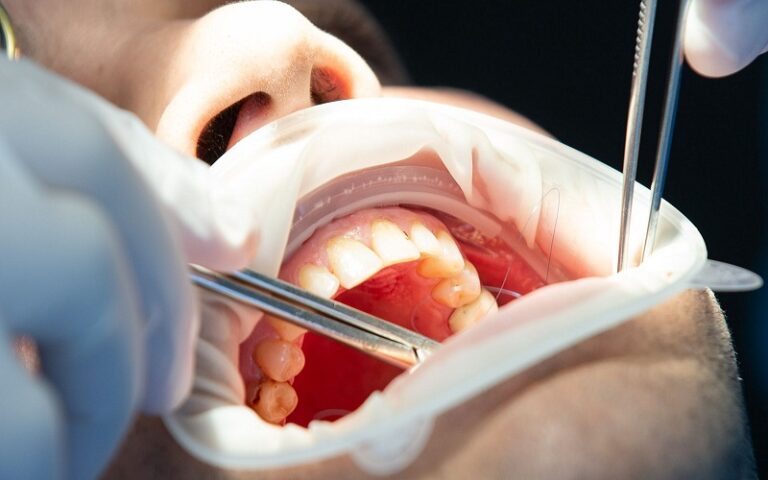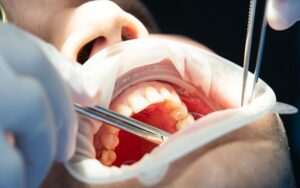Welcome to the world of dental contouring. This is a simple, yet transformative, process within cosmetic dentistry san antonio holds in high regard. It’s about sculpting your teeth and making minor adjustments for a major impact. It’s akin to an artist chiseling a block of marble to reveal the masterpiece inside. Today, we’ll explore the potential of this process, delving into its benefits, its limitations, and its potential for changing lives.
The Benefits of Dental Contouring
Contouring can correct minor imperfections in the teeth. It can remove tiny chips, smooth out bulges, and even adjust the shape of a tooth. Imagine shaping a rough stone into a beautiful gem – that’s what contouring can do for your smile.
The process is quick and painless. There’s no need for anesthesia and you can see the results instantly. Think of it as a haircut for your teeth – a minor trim can make a big difference.
The Limitations of Dental Contouring
While contouring can make small adjustments, it can’t fix major dental issues. It won’t hide gaps, straighten crooked teeth, or fix decay. Contouring works best as a finishing touch, like the final coat of polish on a newly built table.
Comparison Table: Contouring vs Other Dental Procedures
| PROCEDURE | DURATION | RECOVERY TIME | EFFECTIVENESS |
| Contouring | 1 Hour | None | High for minor adjustments |
| Veneers | Several visits | 1-2 days | High for moderate issues |
| Braces | 1-3 years | Several weeks | High for major issues |
Finding the Right Fit
Dental contouring isn’t for everyone. Your dentist can help determine if it’s the right choice for you. Like a tailor measuring you for a new suit, your dentist will examine your teeth, discuss your goals, and guide you toward the best solution.
For more information on dental contouring and other procedures, visit the American Dental Association’s website.




















+ There are no comments
Add yours